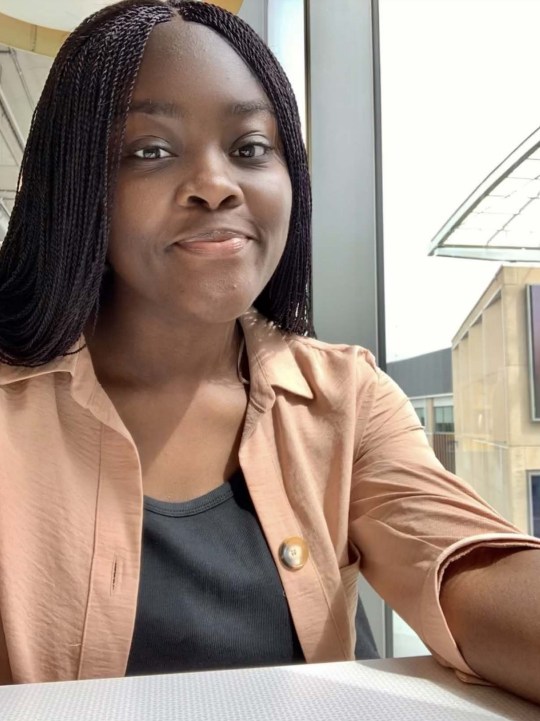
Hey everyone!
I’m Morayo and I study Education at Cambridge and no it isn’t a teaching degree! I think that is one of the most common assumptions people make about the course but it’s so much more than that and that’s why I love it. The range that this course offers is one that no other subject can rival.
In a typical week, I have about four lectures and alternating supervisions.
In first year we have two compulsory modules:
➣ Language Communications and Literacies: this is more Psychology and sociology oriented and we get to look at things such as common learning debates (nature/nurture), and more recently comics and film which I think are some of the best lectures on this module.
➣ Critical Debates: this is based more on philosophy and ethics in education and looks at key thinkers in the field from ancients like Plato to contemporary feminists like Bell Hooks. There’s so much diversity of thinking and I’ve been introduced to Islamic philosophy, multicultural education and other less mainstream ideas.
Then there are more track specific lectures based on what your interests are
➣ English Drama and the Arts: looking through the ages from classics to contemporaries, key theories and perspectives through different art forms from poetry to prose and even rap songs (we really do it all!)
➣ Policy and International Development: looking at key actors and frameworks in education policy and contemporary issues that affect that. It’s pretty cool because your lecturers are literally some of the people shaping policy research and you also get to borrow papers from the HSPS department for those interested in sociology, politics etc.
➣ Psychology and Learning: looking at biological and cognitive functions, mental health and behavioural theories in education etc.
My interview experience was a bit nerve-wracking I’ll be honest but only because I didn’t realise the amount of support that was available to me and I was doing it all on my own. I think if there’s one thing I wish I knew beforehand, it is that there are loads of resources and people (like me!) willing to help out and give you a hand and guide you through the process. I had two interviews: the first was very casual and focused on me and my interests that led me to choose this subject. Advice for this would be to treat it as a normal chat with a teacher or mentor. Try to remember that it quite literally is all about you in that moment so you have the freedom to steer the conversation towards whatever topics you’re interested in. I won’t lie, I had looked up my interviewers beforehand and while this might be even more nerve-wracking for some people, I found it helpful as I was able to link our common interests, show off my knowledge and even ask some questions about topics I was curious about.
My second interview was more subject (and more specifically, track) focused. I was challenged a bit more in this one as I was faced with new areas and forced to come out of my comfort zone to consider other perspectives. A lot of people would be nervous and it would be very easy to clam up or resort to overthinking however my advice would be to just try to remember they aren’t trying to catch you out but just trying to gauge how you respond to challenges and if you’re willing to learn. Remember that it isn’t a competition to see who is the smartest candidate but who is teachable and ready to push themselves to learn new things.
In terms of personal statements, I would advise you to make sure you’re reading around your interests! This means making sure you’re actually interested in the topics, books, articles or whatever else you choose to talk about. The course as I’ve mentioned 1018838426474 times is so wide-ranging that there really is something for everyone and every interest. And what’s great about this is that you have such broad topics to give you insight and understanding about what interests you the most and then in second year you get even more optional modules so you can choose to narrow down your focus or choose to stay broad and cover different aspects.
Journalism, acting, policy roles, teaching, NGO’s, research, psychology, social work, counselling, publishing, the list of possibilities for career paths are endless.
I know it can be difficult finding information and getting your questions about the course answered because it’s relatively new and very niche; however, I am always here to help dispel any stereotypes, or just have a chat about the application process or course more broadly x
